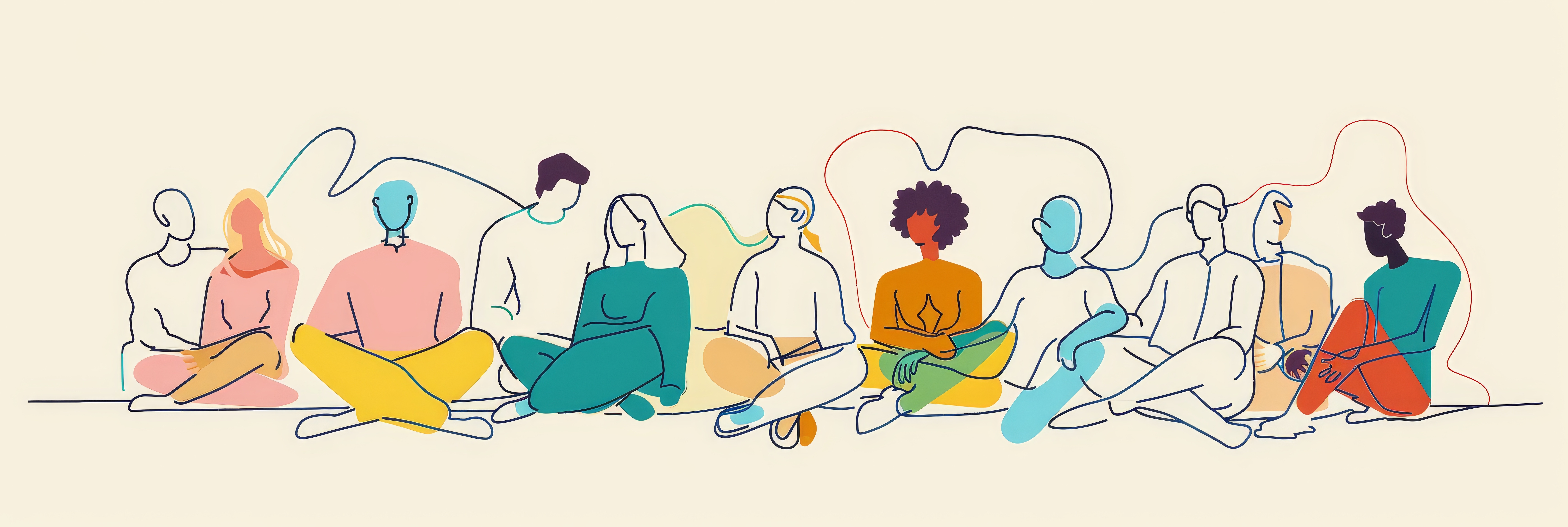Anxiety disorders and eating disorders are two separate conditions, but they are both common. They often go hand in hand, and research has shown strong connections between them. In fact, eating-disordered patients are more likely to have anxiety than not, with nearly 56% of all people with eating disorders being diagnosed with anxiety.[1]
Whether you’re someone with a co-occurring disorder or if you know someone who is, understanding how they impact each other can help to find better treatment methods that make a meaningful impact. So let’s take a look at eating disorders and anxiety and how medical experts and eating disorder treatment programs help the recovery journey.
The Impacts of an Anxiety Disorder
While most studies agree that the effects of anxiety often overlap with eating disorders, these conditions also have their own set of symptoms. Therefore, quality treatment programs and facilities customize care and understand what affects them most. Finding effective methods to treat the anxiety can impact eating disorders recovery in a positive way.
There are many forms of anxiety disorders, with some under the same umbrella as eating disorders. These include obsessive-compulsive disorder (OCD), social anxiety disorder (SAD), post-traumatic stress disorder (PTSD), and generalized anxiety disorder (GAD). Common symptoms may include:
- Rigid body postures and feelings of self-consciousness
- Irrational fears about particular objects or situations
- Chest pains, sweating, and trembling
- Feeling out of control in particular situations
- Increased heart rate
Without proper treatment, these symptoms may create behaviors that lead to other conditions. That’s where anxiety disorders and eating disorders begin to impact one another.
How Anxiety and Eating Disorders Overlap
Not every person with anxiety will have an eating disorder or vice versa, but they overlap when people with anxiety find it difficult to cope. Eating disorders are conditions that progress over some time and often develop as a way to feel control. Conversely, anxiety disorders can stem from environmental factors, past traumatic experiences, or even genetics.
In addition, some individuals’ anxiety results from how some people view their bodies, and there’s evidence that both conditions can be inherited from family genetics. If you have direct relatives currently dealing with anxiety or have dealt with it in the past, statistics show that you’re almost three times more likely to develop conditions like GAD or OCD.[2]
Another overlapping factor is that anxiety and eating disorders are prevalent in adolescents beginning to experience different feelings, emotions, and beliefs in elementary, middle, and high school. The fear and anxiety that comes from changes in the body during teen years can often lead to thoughts and feelings that impact behavioral patterns and decision-making.
With so many overlapping factors, you might wonder if the right support is available and how to find it. Should treatment begin by addressing anxiety or eating disorders first? Where do you go to secure the support you might need?
Treating Anxiety and Eating Disorders and Recovery
Long-term recovery isn’t out of reach. For individuals dealing with anxiety or eating disorders, it’s not uncommon for things to seem daunting, a heightened feeling when dealing with co-occurring conditions. But with professional support from the clinical team at Selah House, you can receive eating disorder treatment with various support programs that guide you through the ups and downs of the process. In the heart of Indiana, our women’s eating disorder treatment center uses evidence-based methods in your recovery journey.
Team up with Selah House by filling out a contact form or giving us a call at 765.819.2524 to learn more about how to get you or a loved one the support needed.
Sources:
https://adaa.org/understanding-anxiety/related-illnesses/eating-disorders
[1] https://www.goodrx.com/conditions/eating-disorders/eating-disorders-and-health
[2] https://www.ncbi.nlm.nih.gov/pmc/articles/PMC5945734/

 Call
Call

